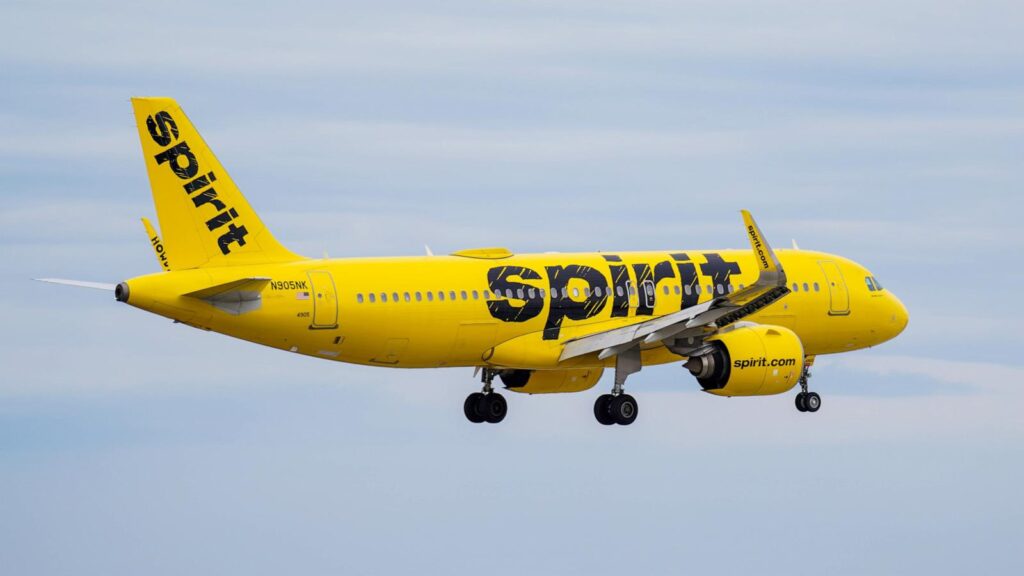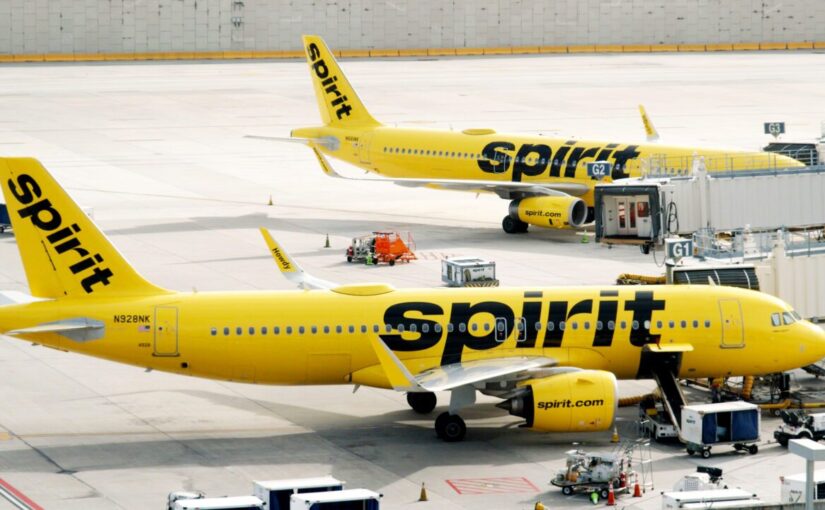Spirit Airlines Files for Bankruptcy Following JetBlue Sale Collapse

Spirit Airlines, the low-cost carrier known for its ultra-affordable fares and no-frills service, has filed for Chapter 11 bankruptcy. The move comes just months after the airline’s proposed sale to JetBlue Airways fell through, leaving Spirit in financial turmoil and struggling to regain its footing in an increasingly competitive airline market.
Failed Acquisition Sparks Financial Uncertainty
The sale to JetBlue, initially valued at $3.8 billion, faced significant regulatory hurdles. The U.S. Department of Justice had expressed concerns that the merger would reduce competition and drive up fares, especially on key domestic routes. Despite spirited efforts by both companies to defend the deal, the acquisition was ultimately blocked in late 2024.
The failed merger left Spirit with substantial legal and operational expenses, compounded by mounting debt and high fuel prices that have squeezed profit margins across the airline industry.
“We are deeply disappointed by the outcome of the proposed merger with JetBlue,” Spirit Airlines CEO Ted Christie said in a statement. “Our focus now is to reorganize and position Spirit for long-term viability as a standalone carrier.”
Chapter 11 Filing Details
The bankruptcy filing, made in the Southern District of Florida, will allow Spirit to restructure its debt and continue operations during the process. Spirit has emphasized that flights will remain operational, and frequent flyer miles, vouchers, and customer service commitments will not be impacted.
As part of the restructuring plan, Spirit will prioritize cost-cutting measures, renegotiating aircraft leases, and exploring strategic partnerships to stabilize its business model.
Challenges Ahead
Spirit Airlines has long faced criticism for its “bare-bones” approach, charging fees for everything from carry-on bags to seat selection. While the model allowed the airline to offer some of the cheapest fares in the industry, it also left the company vulnerable to shifting market dynamics, including rising consumer expectations and increased competition from other budget carriers like Frontier Airlines and Southwest.
Industry analysts suggest that Spirit’s financial woes are symptomatic of broader challenges in the airline industry, particularly for low-cost carriers that rely on high volumes of budget-conscious travelers.
“Spirit’s bankruptcy is a cautionary tale,” said aviation analyst Henry Caldwell. “The airline business is unforgiving, and the collapse of the JetBlue deal exposed Spirit’s lack of resilience to external shocks.”
Future Outlook
While Spirit’s bankruptcy marks a significant setback, the airline hopes to emerge stronger after restructuring. Industry watchers are closely monitoring the proceedings, as the outcome will not only determine Spirit’s survival but also reshape the competitive landscape of budget air travel in the U.S.
The filing underscores the precarious balance many airlines must strike between affordability and sustainability. For Spirit, the coming months will be critical in charting a path forward while maintaining the trust of its customers and investors.












